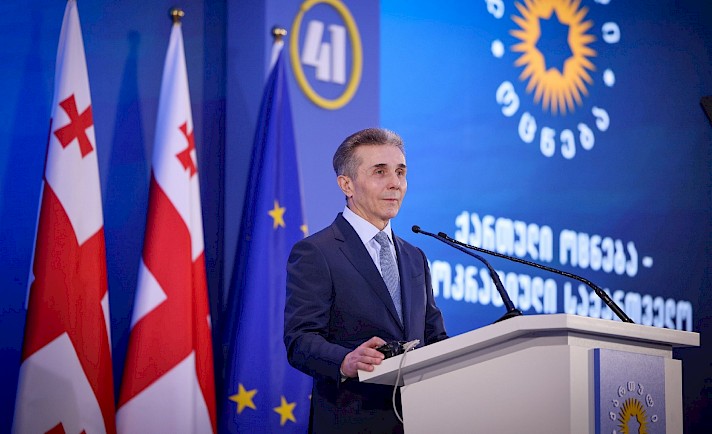Sergey Zharkov: Georgian elections as a tuning fork for geopolitical changes

Throughout its existence, Georgian statehood has been constantly under pressure from more powerful states and empires surrounding the small country.
Modern Georgia, repeating the precepts of its ancestors, also maneuvers in the ramified geopolitical corridors, striving to choose a stronger, as it seems to official Tbilisi, more reliable financial and political actor. Thus, in 2006-2007, Georgia was at the forefront of Moscow’s opponent states, which ultimately led to the catastrophic war of 2008 for Georgia. But 16 years later, or to be more precise, 14 (immediately after the start of the Special Military Operation), Georgia unexpectedly for many chose a different policy, seemingly uncharacteristic of official Tbilisi, of political neutrality and refusal to support the anti-Russian sanctions policy of Western countries. The new political turn of official Tbilisi led to a deterioration in relations between the current Georgian authorities and European and transatlantic structures, when the European Council in July 2024 decided that under the current Georgian authorities there was no hope for European integration. It looks like the upcoming parliamentary elections in Georgia will largely determine the vector of political development of other states that are currently refusing to play the role of an instrument in the plans of larger political players...
Read the paper




